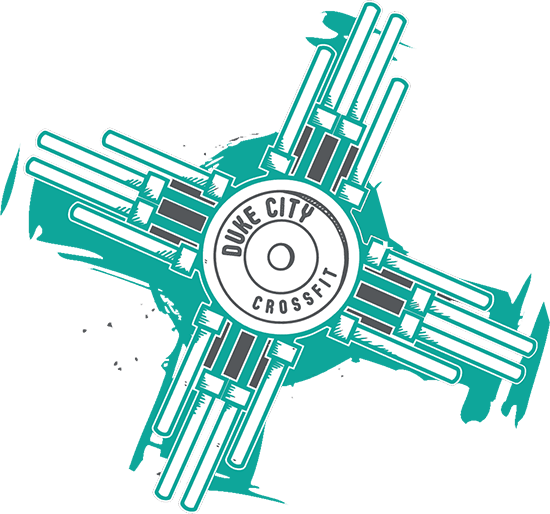Carbohydrates are one of the three macronutrients. Carbohydrates are your body’s source of energy. They provide fuel for the central nervous system and energy for working muscles. They also prevent protein from being used as an energy source and enable fat metabolism. Carbs have also been found to help with brain function and memory and mood. Carbohydrates are the sugars, starches and fibers found in fruits, grains, vegetables and milk products. There are 2 types of carbohydrates.
Simple vs. Complex Carbohydrates
Simple carbohydrates are digested and absorbed faster than complex carbohydrates. They contain one or two types of sugar. They are found in candy, soda, and syrups. Simple carbs are “empty” calories and often contribute to weight gain if too many are consumed.
Complex carbohydrates contain 3 or more sugars. They include beans, peas, lentils, peanuts, potatoes, corn, parsnips, whole-grain breads and cereals. Complex carbohydrates take longer to digest and provide more sustained energy.
Fiber
Fiber is essential to digestion. Fibers promote healthy bowel movements and decrease the risk of chronic diseases such as coronary heart disease and diabetes. Unlike sugars and starches, fibers are not absorbed in the small intestine and are not converted to glucose. Instead, they pass into the large intestine relatively intact, where they are converted to hydrogen and carbon dioxide and fatty acids. It is recommended that people consume between 25-35g of fiber daily. Sources of fiber include fruits, grains and vegetables, especially legumes.
The Choices Between Healthy and Unhealthy Carbs
As a general rule, carbohydrates that are in their natural, fiber-rich form are healthy, while those that have been stripped of their fiber are not. If you can pick it from the ground or from a tree, it’s probably a healthy choice!
If it’s a whole, single ingredient food, then it’s probably a healthy food for most people, no matter what the carbohydrate content is.
With this in mind, it is possible to categorize most carbs as either “healthy” or “unhealthy” – but keep in mind that these are just general guidelines. Things are rarely ever black and white in nutrition.
Healthy Carbs:
- Vegetables: All of them. It is best to eat a variety of vegetables every day.
- Whole fruits: Apples, bananas, strawberries, etc.
- Legumes: Lentils, kidney beans, peas, etc.
- Nuts: Almonds, walnuts, hazelnuts, macadamia nuts, peanuts, etc.
- Seeds: Chia seeds, pumpkin seeds.
- Whole grains: Choose grains that are truly whole, as in pure oats, quinoa, brown rice, etc.
- Tubers: Potatoes, sweet potatoes, etc.
Unhealthy Carbs:
- Sugary drinks: Coca cola, Pepsi, Vitamin water, etc. Sugary drinks are some of the unhealthiest things you can put into your body.
- Fruit juices: Unfortunately, fruit juices may have similar metabolic effects as sugar-sweetened beverages.
- White bread: These are refined carbohydrates that are low in essential nutrients and bad for metabolic health. This applies to most commercially available breads.
- Pastries, cookies and cakes: These tend to be very high in sugar and refined wheat.
- Ice cream: Most types of ice cream are very high in sugar, although there are exceptions.
- Candies and chocolates: If you’re going to eat chocolate, choose quality dark chocolate.
- French fries and potato chips: Whole potatoes are healthy, but french fries and potato chips are not.
Carbs are good for us, we do need them for our health. It’s the kind of carbs that we choose that is important and will move the needle towards health and wellness or away to chronic diseases.

